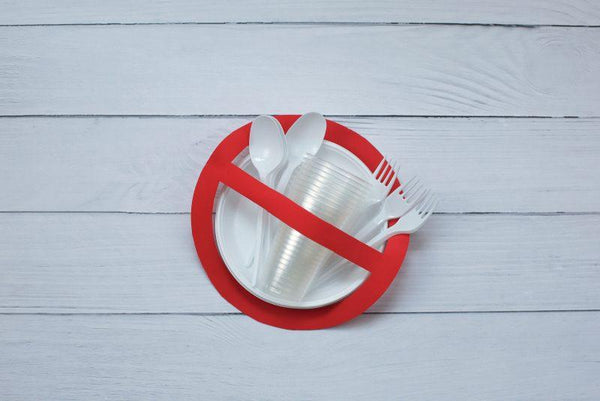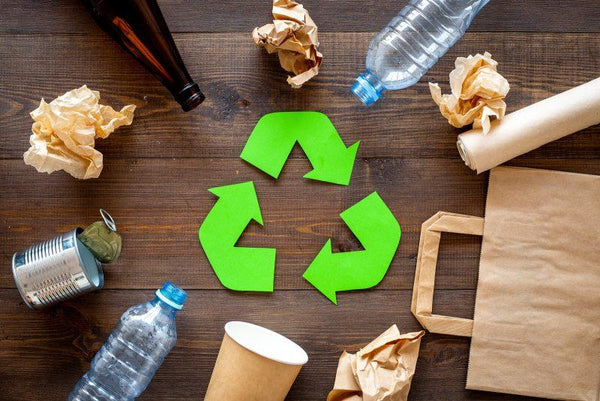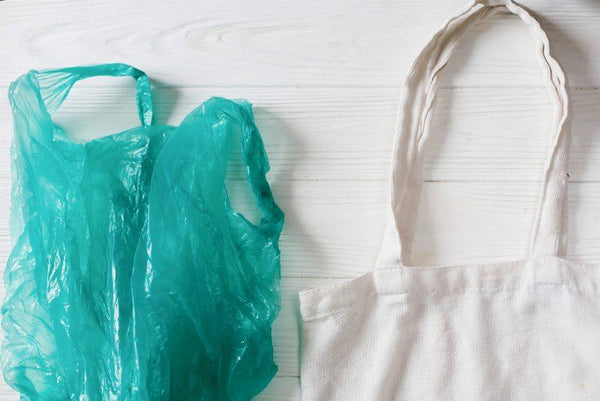
There’s an increasing number of alternatives to plastic packaging as the market becomes more aware and concerned about sustainable practices. With that in mind, companies and researchers are looking high and low for innovative inspiration. In IKEA’s case, their answer to replacing polystyrene packaging might as well have been hiding under a log. No, we’re not talking about wood, but mushroom fibers.
The Swedish furniture company announced earlier this year that it remains committed to being a leader in reducing reliance on unsustainable practices. One such way it intends on doing so is by packaging their furniture with mycelium (or myco) packaging. Developed by U.S. company Ecovative, “myco foam” is formed by letting mycelium — that is, the root fibers of mushrooms — grow around organic waste and molding it (pun somewhat intended) into the necessary shapes.
Though IKEA intends on using it to insulate the contents of its packages, this mushroom-based packaging is also finding uses as building insulation and acoustic tiles. Naturally fire-resistant and easy to shape to whatever needs protection or insulation, myco foam is quickly rising as a safer, more sustainable replacement for polystyrene (or what you might know better as Styrofoam) which — like most plastics — takes centuries to break down.
While we’re on the subject of biodegradability, what’s nice about myco foam is that this material actually doesn’t decompose unless its exposed to other living organisms. As Interesting Engineer notes: “Just as an unfinished piece of wood won’t ruin indoors, neither will the mushroom packaging. To compost it, simply break it apart and put it in the soil or natural elements. The current popular alternative polystyrene… takes thousands of years to decompose in landfills [and] it’s often very difficult to recycle.” IKEA isn’t alone either as Dell uses myco foam to package computer and server components too.
One of the other benefits to mushroom-based packaging is that it’s cost-competitive with polystyrene, making it not only an environmentally-friendly choice, but an economical one as well. By using myco foam, IKEA hopes to cut down on its own waste as well as encourage better recycling practices.
A spokesperson from IKEA working with Ecovative told The Telegraph that “IKEA wants to have a positive impact on people and planet, which includes taking a lead in turning waste into resources, developing reverse material flows for waste materials and ensuring key parts of our range are easily recycled. IKEA has committed to take a lead in reducing its use of fossil-based materials while increasing its use of renewable and recycled materials.”
While they haven’t begun using myco foam just yet, IKEA has been striving for sustainable practices for the greater part of this decade. Among this shift in packaging, the company has also focused on other endeavors, such as using as little chemicals as possible in their manufacturing processes, using renewable and recyclable materials for their furniture such as wood, cotton, and glass, and making their lights and water taps at least 50 percent more power and flow efficient respectively compared to averages set by European standards.
You can read up more about the company’s commitment to sustainability in their latest report here.

The European Parliament voted for a complete ban on a range of single-use plastic waste across the union in a bid to stop pollution of the oceans. The proposal also called for a reduction in single-use plastic waste for food and drink containers, including plastic cups.

China has long been treated as our planet’s repository for plastic waste. The nation has accepted 45% of the world's total plastic recycling since reporting to the United Nations Comtrade Database began in 1992.

Even before plastic straw bans grew trendy, California was at the forefront of using less plastic and promoting more sustainable living. California pioneered a statewide ban on plastics beginning in 2016, when the state became the first in the U.S. to ban most stores from providing customers with single-use plastic bags, following a successful referendum. [...]